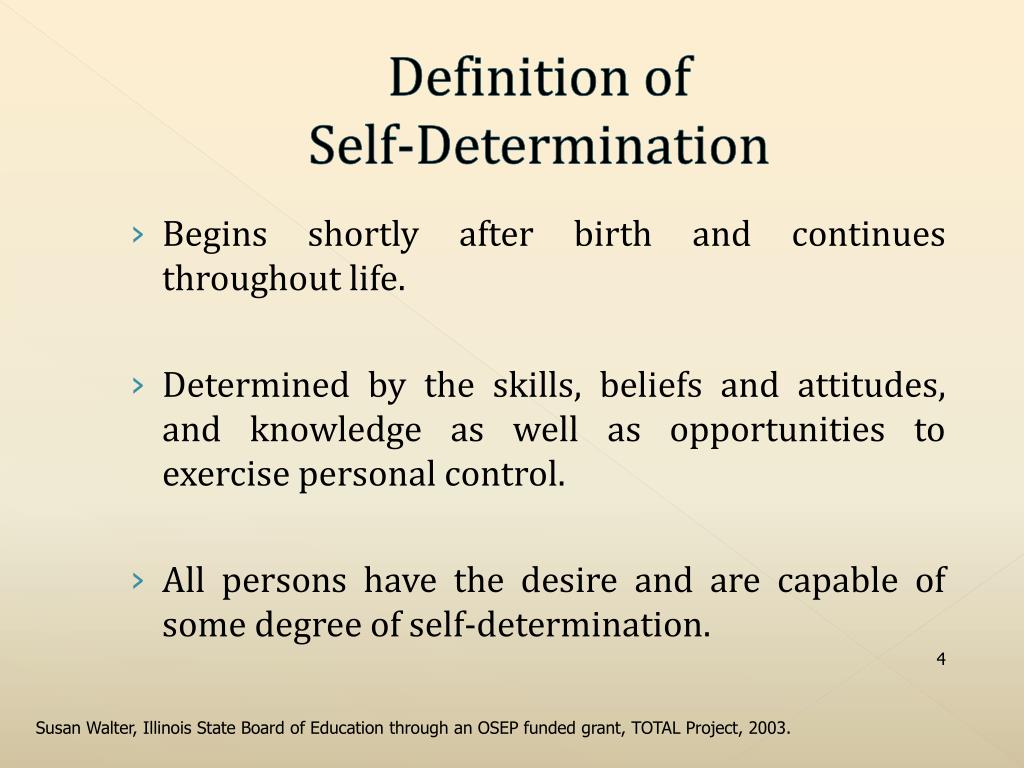


At that time, Commerce will instruct CBP to suspend liquidation and collect cash deposits (i.e., provisional measures) beginning on the date its determination is published in the Federal Register. This is usually at the time of Commerce’s preliminary determination. Suspension of liquidation of entries and collection of AD/CVD cash deposits (provisional measures) begin at the first affirmative Commerce determination in the AD/CVD investigation. For further information on CBP’s role in AD/CVD enforcement, see When does suspension of liquidation and collection of AD/CVD begin? Immigration and Customs Enforcement to substantiate and act upon allegations of duty evasion and to support enforcement actions. CBP utilizes significant national assets from across the agency to enforce AD/CVD laws. CBP collects AD/CVD cash deposits, administers AD/CVD entries, assesses and collects final AD/CVD, and enforces AD/CVD on imports that evade AD/CVD orders. ĬBP is responsible for enforcing the AD/CVD laws on imported goods. For further information regarding the conduct of Commerce’s investigations and reviews, visit Commerce’s website at. If Commerce continues to find that imports are being dumped or unfairly subsidized, it directs CBP to assess AD/CVD (as appropriate) in the amount calculated by Commerce. For further information on the ITC’s injury investigation, visit the ITC’s website at Once an AD/CVD order is in place, Commerce conducts reviews of merchandise imported into the United States to determine if imports are being sold at less than fair value (i.e., dumped) or benefiting from unfair subsidization. The ITC considers all relevant economic factors, including the domestic industry's output, sales, market share, employment, and profits. To determine whether the domestic industry is materially injured or threatened with material injury as a result of the dumped or unfairly subsidized imports. industry is materially injured or threatened with material injury, Commerce will issue an AD/CVD order continuing that suspension of liquidation, and updating the rates of duty-collection, if needed, to reflect the agency’s final calculations. If Commerce makes a final determination that imports are dumped and/or subsidized, and the ITC makes a final determination that a U.S. If, during an investigation, Commerce preliminarily finds that imported merchandise was is being sold in the United States at a dumped or unfairly subsidized price, the agency will direct CBP to suspend liquidation of incoming entries (and potentially certain past entries within a specific time period) and begin collecting AD/CVD on those entries. AD/CVD laws to protect United States’ businesses from unfair competition resulting from unfair pricing by foreign companies and unfair government subsidies to foreign companies. The office of Enforcement and Compliance within the International Trade Administration (ITA) at Commerce is responsible for enforcing the U.S. Once an investigation has been initiated, Commerce investigates whether a producer or exporter is dumping and/or receiving unfair subsidies, while the ITC investigates whether the domestic industry is injured or there is a threat of injury because of the potentially dumped or subsidized imports. Commerce reviews the petition for sufficiency and if it determines that the petition contains the relevant information, it will initiate an investigation into whether the goods subject to the petition are being sold at less than fair value or benefiting from unfair subsidization. The domestic industry files a petition with both Commerce and the ITC.


 0 kommentar(er)
0 kommentar(er)
